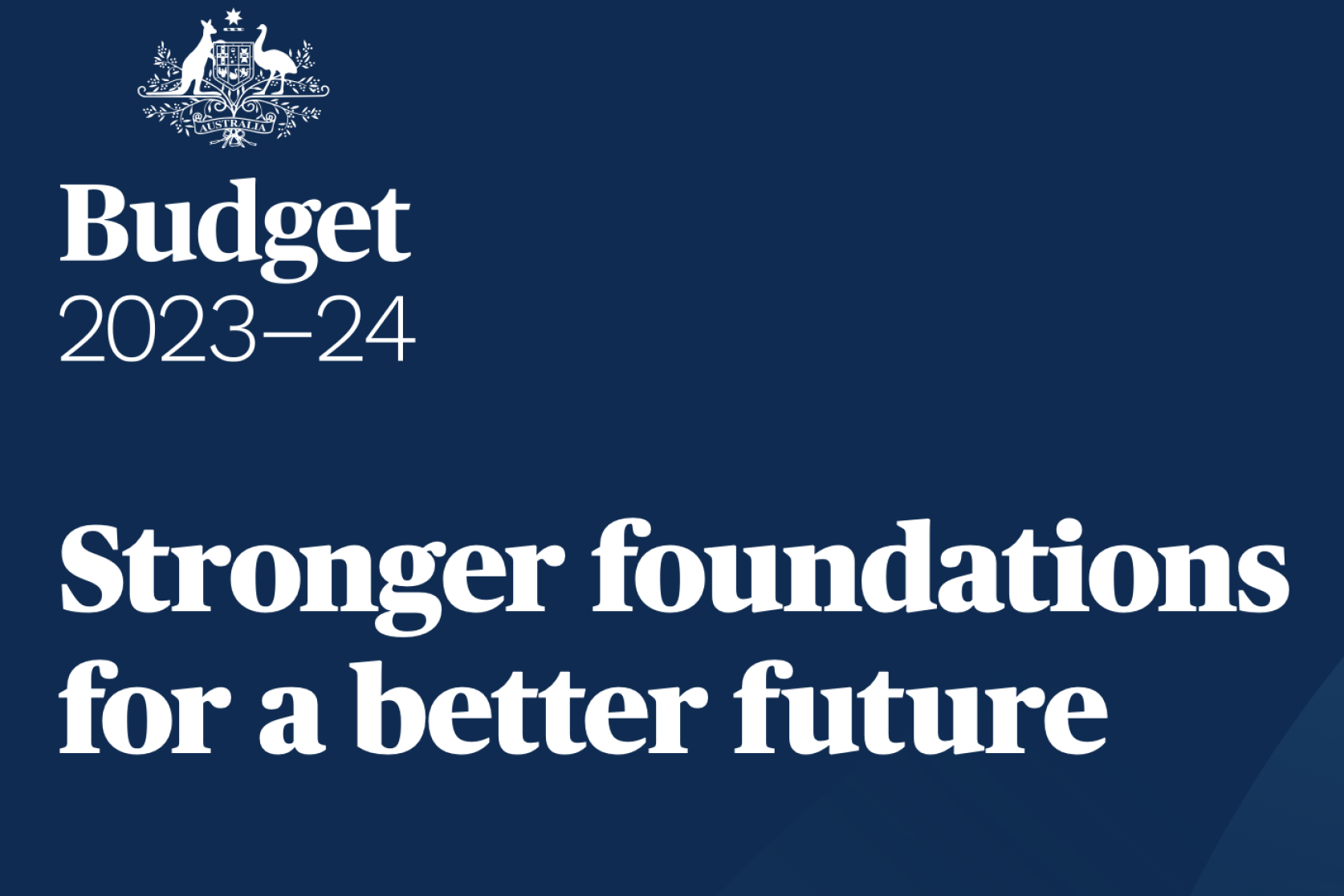General News
11 May, 2023
Budget targets cost of living and “laying foundations”
The Federal Budget dropped on Tuesday night and among the announcements, local residents will benefit from increases to Jobseeker payments, more support for bulk billing GP clinics, cost of living relief and small business tax breaks. The Budget was...

The Federal Budget dropped on Tuesday night and among the announcements, local residents will benefit from increases to Jobseeker payments, more support for bulk billing GP clinics, cost of living relief and small business tax breaks.
The Budget was handed down by Treasurer Jim Chalmers who said the budget needed to “strike the right balance”.
“Australians have shown resilience in the face of heightened global uncertainty, persistent inflation and higher interest rates, which are combining to slow our economy,” he said.
“The best response to these challenges is a responsible budget that strikes the right balance between easing cost of living pressures, securing the essential services people rely on and laying the foundations for future growth.
“It does this while strengthening our fiscal position, with a budget surplus now forecast in 2022‑23, and lower deficits and debt compared to recent budgets.”
The Budget includes electricity bill relief for households and small businesses — from July, up to $500 will be deducted from more than five million households’ electricity bills (including concession card holders and those receiving family and carer payments), and up to $650 for some small businesses.
JobSeeker payments for those aged 55 and older will increase by $92.10 per fortnight — matching the amount already received by those aged 60 and over — to support older Australians who have been on the payment for nine or more consecutive months.
Lower age groups receiving JobSeeker payments plus those with Austudy and Youth Allowance will experience an increased rate of $40 per fortnight.
In September, single parents will receive the Parenting Payment (Single) until their youngest child turns 14 — currently, it’s only up to eight years old.
Parents moving to the payment with one child will receive an extra $569.10 per fortnight, plus an extra $24.60 per additional child.
In a boost to aged care workers, the Budget has allocated $11.3 billion to increase award wages for eligible workers by 15 percent, set to benefit more than 250,000 people.
For small businesses, a new tax break will be introduced — the Small Business Energy Incentive — providing $310 million in tax relief to support up to 3.8 million businesses make investments like electrifying their heating and cooling systems, installing batteries and upgrading to high-efficiency electrical goods.
On the medical front, the Budget includes a $3.5 billion investment over five years to incentivise and support GP clinics to bulk bill, making it easier and cheaper to see a doctor. The bulk billing incentive will continue to be higher for patients in regional and rural areas.
Already announced last month, the Budget includes support for more than 300 Pharmaceutical Benefits Scheme medicines to be dispensed in greater amounts from September.
The move will cut the cost of medication by up to half and allow patients to get two months’ worth of the medicine at a time, reducing the number of GP and pharmacy visits currently needed.
However, pharmacies including Maryborough’s Priceline have already hit back at the announcement, saying the change will create a loss in revenue for pharmacies and impact medication availability.
Member for Mallee Anne Webster voiced her displeasure with some aspects of the budget including the new tax on farmers who will foot around two thirds of the bill for biosecurity risks imposed by foreign importers.
“It is absurd for Australian farmers to pay for the recklessness of competitors and importers,” she said.
“This is one of two hits on farmers and families alike, because those costs will be passed on down the line to mums’ and dads’ hip pockets through even higher food prices at the checkout, at a time when families are struggling to put food on the table.”
She also slammed the Federal Government’s increase to the road user charge on truck drivers by 18 percent over three years.
“If a trucking company has to pay more, they will recover it elsewhere in the supply chain, from farmers or shoppers,” Dr Webster said.
“Consumers need to understand that every product they buy at the supermarket is brought on a truck, or maybe more than one, so their purchases will cost more.”
Dr Webster said she was also disappointed to see there were no plans for further funding for the Local Roads and Community Infrastructure Program, and the end of the Stronger Communities Program.
“These two cuts add to the pain from Labor’s rebranding and reduction of Building Better Regions Fund (BBRF) grant funding and the axing of Community Development Grants. Labor is ripping vital local funding out of community hands, particularly the Stronger Communities Program which was an open grant process that allowed local groups to apply for funding on merit,” she said.
“Smaller projects like playgrounds or repairing sporting facilities will fall by the wayside.
“Yet again Labor prioritises the big ticket items, the big ribbon cutting opportunities, not the vast number of smaller community funding needs.”